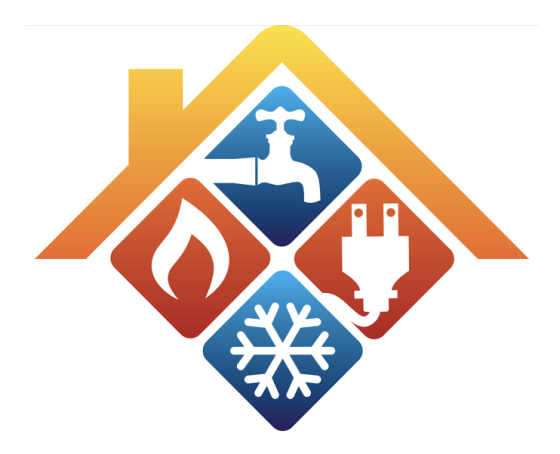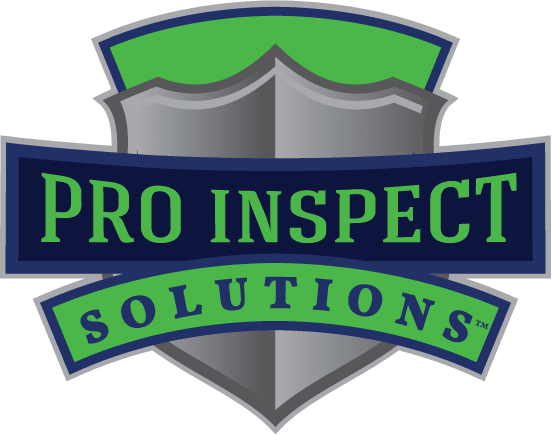
Understanding the Importance of Four-Point Inspections for Homeowners
For homeowners, safeguarding their most significant investment— their home— is paramount. Among the array of responsibilities that come with homeownership, understanding the importance of four-point inspections stands as a crucial aspect often overlooked. These specialized inspections delve into the essential systems of a home. Beyond mere compliance with insurance requirements, comprehending the significance of these inspections can potentially save homeowners from substantial financial burdens and ensure the safety and longevity of their property. In this exploration, we cover the intricacies of fourpoint inspections, shedding light on why they are indispensable for homeowners seeking to protect their cherished abode.
What is a Four-Point Inspection?
A four-point inspection is a specialized examination of four primary components of a home. Unlike comprehensive home inspections, which cover a broader range of areas, a four-point inspection focuses specifically on these critical systems. This targeted approach allows inspectors to thoroughly assess the condition, safety, and functionality of these vital components.
Why is it Necessary?
- Insurance Requirements: Many insurance companies require four-point inspections before issuing homeowner’s insurance policies, especially for older homes or properties located in areas prone to specific risks such as hurricanes, floods, or fires. Insurers use the information from these inspections to evaluate the level of risk associated with the property and determine appropriate coverage and premiums.
- Risk Mitigation: The components examined in a four-point inspection are integral to the structural integrity and habitability of a home. Identifying potential issues or hazards early on can help homeowners mitigate risks and prevent costly damage down the line. By addressing any deficiencies uncovered during the inspection, homeowners can safeguard their investment and ensure the safety of their families.
- Peace of Mind: Knowing that your home’s critical systems have been thoroughly inspected and deemed in good condition can provide invaluable peace of mind. Whether you’re a first-time homeowner or a seasoned property owner, having confidence in the safety and reliability of your home brings reassurance and confidence in your investment.
What Does the Inspection Entail?
During a four-point inspection, certified inspectors conduct a detailed assessment of the following components:
- Roof: Inspectors evaluate the age, condition, and structural integrity of the roof, looking for signs of damage, leaks, missing shingles, or any other issues that could compromise its performance.
- Electrical System: This includes an examination of the electrical panel, wiring, outlets, and fixtures to ensure they meet current safety standards and are free from hazards such as overloaded circuits or faulty wiring.
- • Plumbing System: Inspectors assess the condition of pipes, fixtures, water heaters, and drainage systems to identify leaks, corrosion, blockages, or other issues that could lead to water damage or plumbing failures.
- HVAC System: The heating, ventilation, and air conditioning system is inspected to verify its functionality, efficiency, and safety. Inspectors check for proper installation, maintenance, and operation of HVAC equipment to ensure optimal performance and indoor air quality.
Who Needs Four-Point Inspections?
Four-point inspections are typically recommended for two primary groups:
- Homeowners with Older Properties: As homes age, their critical systems may deteriorate or become outdated. Properties older than 20 to 30 years are often prime candidates for four-point inspections to assess the condition of these essential systems.
- Homeowners seeking Insurance Coverage: Many insurance providers require four-point inspections as part of their underwriting process. They use the information gathered from these inspections to evaluate the risk associated with insuring a property. Insurers want to ensure that the home’s essential systems are in good working order to mitigate the likelihood of future claims.
Ultimately, while not every homeowner may need a four-point inspection, those with older properties and individuals seeking insurance coverage for their homes are the primary audiences for these assessments.
Exploring the Benefits of Four-Point Inspections
As a homeowner, ensuring the safety, integrity, and longevity of your property is paramount. While regular maintenance routines can go a long way in preserving your home’s condition, there are times when a deeper assessment is necessary. This is where four-point inspections come into play, offering a range of benefits that can provide invaluable peace of mind. Here’s why investing in a four-point inspection could be one of the wisest decisions you make for your home.
Identifying Potential Safety Hazards: Four-point inspections focus on four critical areas of a home: HVAC (Heating, Ventilation, and Air Conditioning), electrical, plumbing, and the roof. By scrutinizing these essential systems, inspectors can identify potential safety hazards such as faulty wiring, gas leaks, or compromised roofing materials. Addressing these issues early can prevent accidents and ensure the safety of you and your loved ones.
Ensuring Insurance Eligibility: Many insurance companies require four-point inspections before issuing or renewing a homeowner’s insurance policies. These inspections provide insurers with crucial information about the condition and functionality of a property’s key systems. By conducting a four-point inspection, you not only fulfill your insurer’s requirements but also demonstrate your commitment to maintaining a safe and insurable home.
Preventing Costly Surprises: One of the most significant benefits of four-point inspections is their ability to uncover potential issues before they escalate into costly repairs. Whether it’s a failing HVAC unit, outdated electrical wiring, or a leaky roof, identifying problems early can save you from unexpected expenses down the line. By investing in a four-point inspection, you gain valuable insights into your home’s condition and can take proactive measures to address any issues promptly.
Enhancing Property Value: A well-maintained home is not only safer but also more valuable. By ensuring that your HVAC, electrical, plumbing, and roofing systems are in good working order, you enhance your property’s overall value and appeal. Whether you’re planning to sell your home in the future or simply want to protect your investment, a four-point inspection can help you maintain and increase your property’s value over time.
Streamlining Insurance Claims: In the unfortunate event of a covered loss, having documentation from a recent four-point inspection can streamline the insurance claims process. Insurers may require proof of the home’s condition before the loss occurred, and a four-point inspection report can serve as valuable evidence. This can help expedite the claims process and ensure that you receive fair compensation for any damage incurred.
How to Prepare for a Four-Point Inspection?
- Clear Access: Ensure easy access to HVAC, electrical panel, plumbing, and roof areas.
- Documentation: Gather maintenance records and repair history for reference.
- Address Issues: Resolve any known issues with essential systems beforehand.
- Be Available: Consider being present to answer questions and provide insights.
- Pet and Childcare: Plan to keep pets and children safe and out of the way.
- Allow Time: Plan for 1-2 hours for the inspection, avoiding conflicting activities.
In conclusion, a four-point inspection is a crucial step in the homeownership journey, providing valuable insights into the condition and safety of essential home systems. By undergoing this inspection, homeowners can satisfy insurance requirements, mitigate risks, and enjoy greater peace of mind knowing that their property is well-maintained and protected. Whether you’re purchasing a new home, renewing your insurance policy, or simply maintaining your current property, investing in a four-point inspection is a wise decision that can pay dividends in the long run. After all, a safe and secure home is the foundation for a happy and prosperous life.



